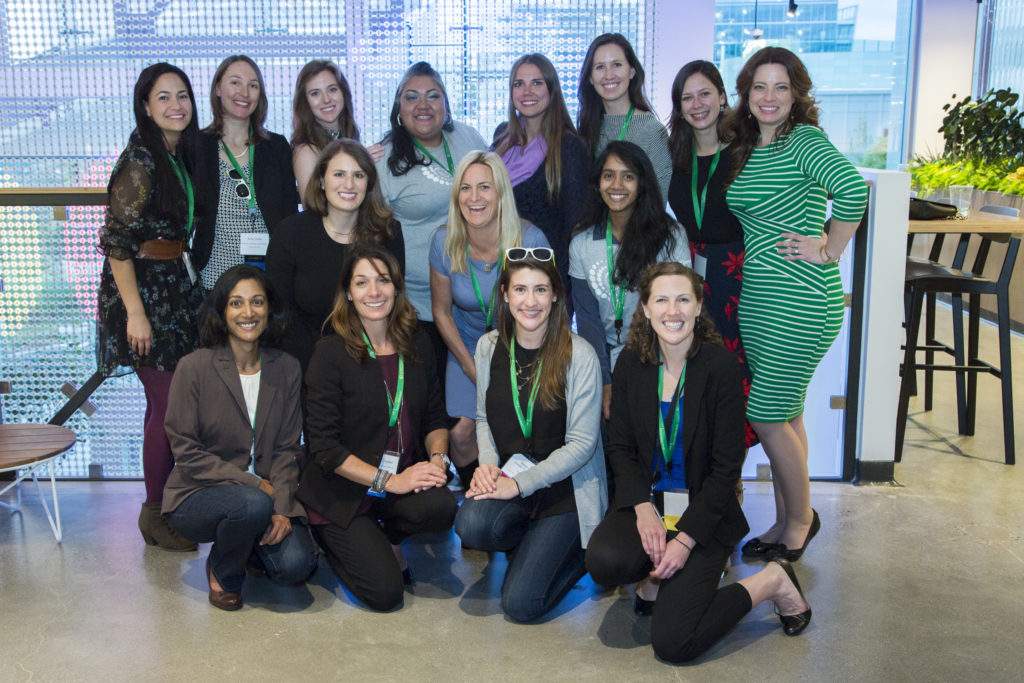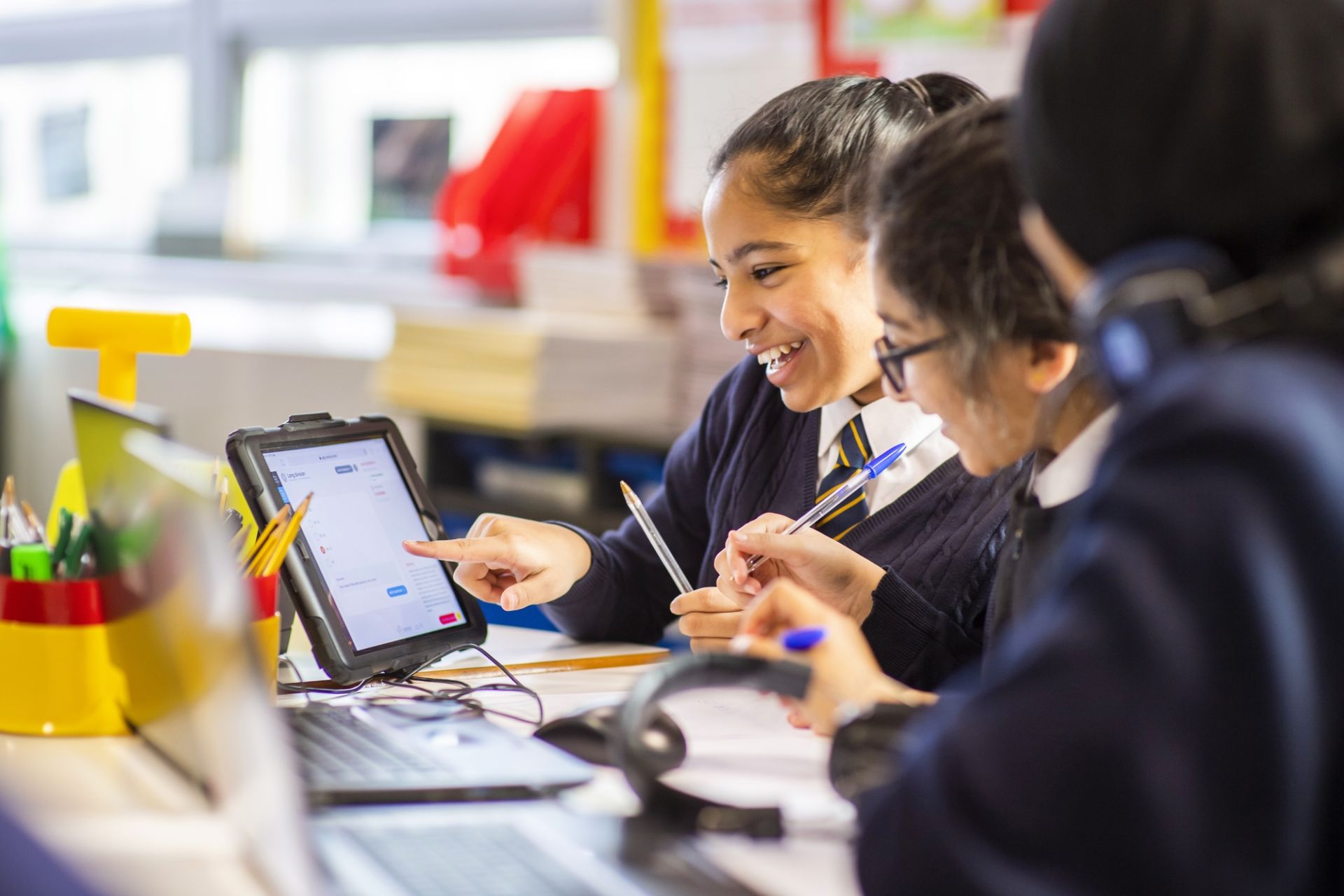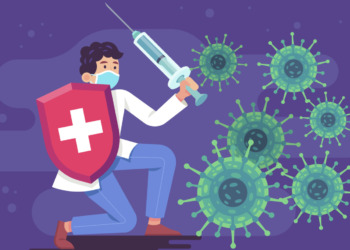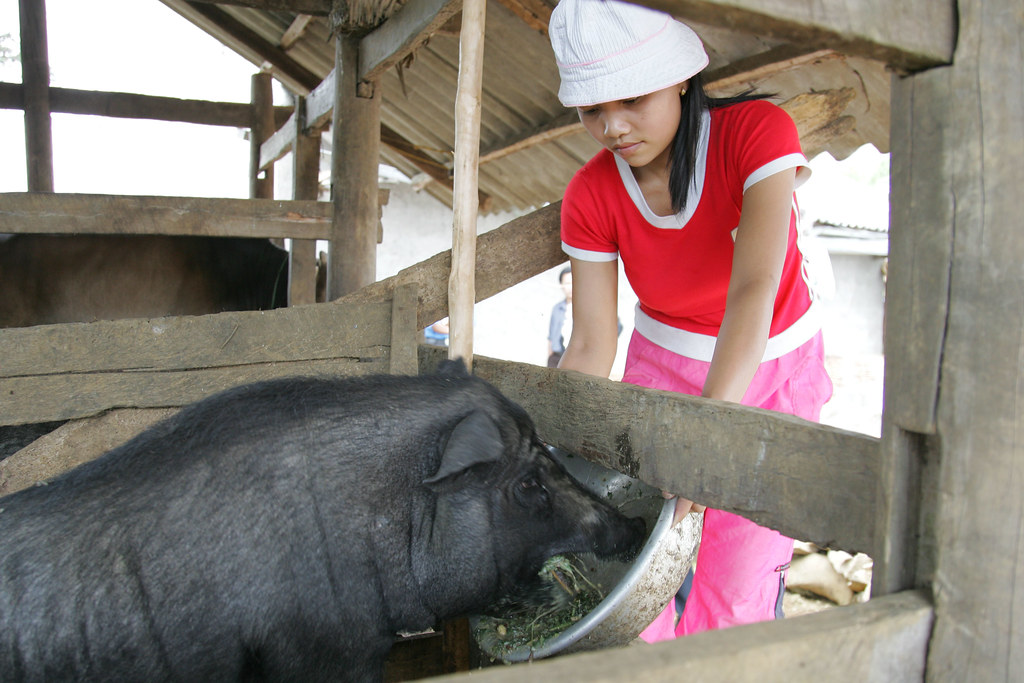Investing in women is an investment in the world, and fortunately, the majority of investors recognize the importance of investing in gender-balanced teams. But achieving gender equity calls for more than agreement. Less than 10 percent of these same investors build a strategy or set targets to fulfill this belief, and only 10 percent of women are in senior decision-making positions. In 2017, less than 3 percent of global venture funding went to female-led teams. However, at MIT Solve, we believe in putting women’s great ideas into action.
With 62 percent women-led startups, our 2018 Solver Class strikes more than balance. To highlight this impact, we’re featuring four of our women-led 2018 Solver teams who advance the UN Sustainable Development Goal #5 for gender equality, empowering women and girls worldwide.
From upskilling garment workers, to improving maternal healthcare, to documenting sexual violence, these four startups are using tech to change lives and empower women in innovative ways. Each drives us further toward reaching gender equality.
Shimmy UpSkill
Women make up approximately 80 percent of the garment factory workforce. As factories shift toward automation, many of these women will be forced to look for new jobs. That’s where Shimmy Upskill comes in. Shimmy Upskill’s learning software uses game mechanics and AI to teach digital pattern making and 3D modeling — both in-demand skills.
“It takes a worker from zero to digitally literate in about four hours,” says Sarah Krasley, CEO of Shimmy Technologies. “If a worker shows aptitude in digital pattern making, they can move into a higher-skilled, higher-paid position in a factory where they’re already employed.” The program builds on skills workers already mastered from sewing experience to accelerate the learning process. The result is a win-win system for both women workers and apparel brands.
E-Heza
Throughout Africa, existing eHealth solutions are inadequate, and many applications do not enable healthcare providers to deliver effective and affordable care. “E-Heza was created … to dramatically improve healthcare outcomes for mothers and children,” says Wendy Leonard, executive director of the Ihangane Project and leader of E-Heza.
E-Heza’s user-centered design approach avoids traditional barriers to product adoption, making it easy for nurses to log health data while examining patients. The solution provides real-time individualized data to help guide patient education. It also supports the data requirements of national governments — giving nurses the tools they need to adopt evidence-based clinical care protocols.
MediCapt
Every year, tens of thousands of women are raped in conflict zones around the world. Most don’t report these crimes, and when some do, many cases fail due to poor evidence. To counter this trend, Physicians for Human Rights (PHR) created MediCapt, a mobile app to make it easier to securely capture and transmit forensic evidence.
Editor’s Picks — Related Articles:

“Breaking Assumptions in STEM: An Interview with Women in Cleantech & Sustainability”

“Technology: An Agent of Change for Women in Developing Areas”
The app includes sophisticated encryption, cloud data storage, high adherence to chain-of-custody standards, and tamper-proof metadata, so clinicians can securely save the evidence and transmit it to police, lawyers, and judges. “PHR’s cross-sectoral model is transforming prosecutions,” says Karen Naimer, PHR’s director of program on Sexual Violence in Conflict Zones.
Neopenda
Nearly 3 million newborns do not survive their first month in low-resource settings, but 80 percent of these deaths could be preventable with the right tools. Enter Neopenda, which builds medical devices for high-growth emerging markets — starting with an affordable neonatal monitoring device.
Neopenda integrates continuous monitoring of pulse rate, respiratory rate, blood oxygen saturation and temperature, and collects continuous sensor data at the point of care. “We have the ability to improve quality of care for over 16 million patients by 2023 and operate in over 4,000 facilities around the world,” says Sona Shah, CEO of Neopenda.
Feeling inspired? Get involved: Apply to Solve’s Global Challenges by the July 1 deadline.











